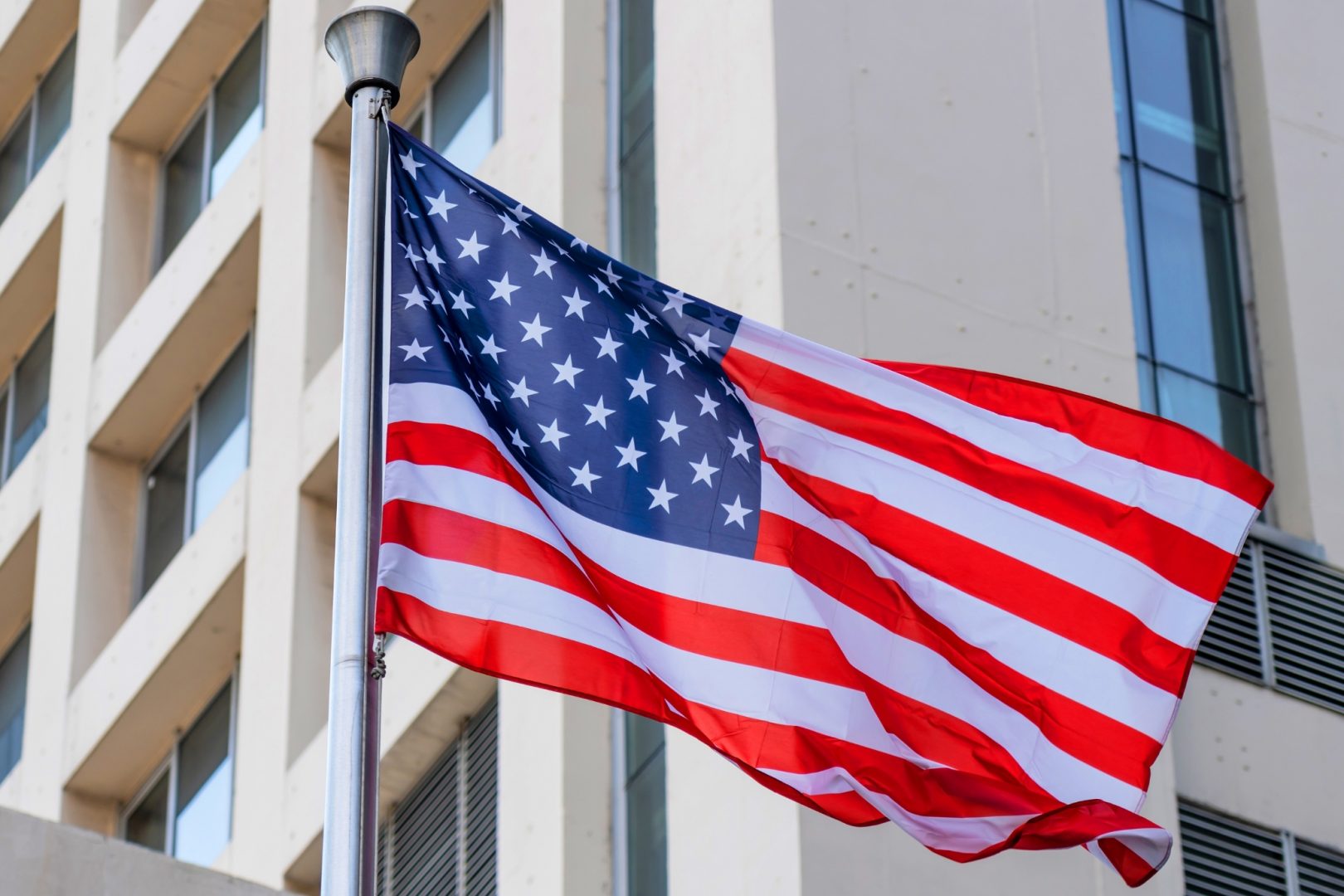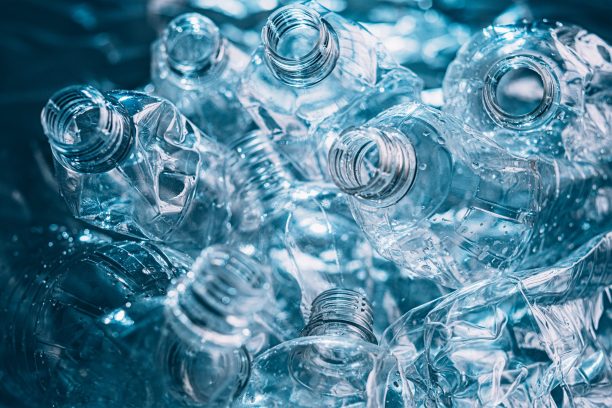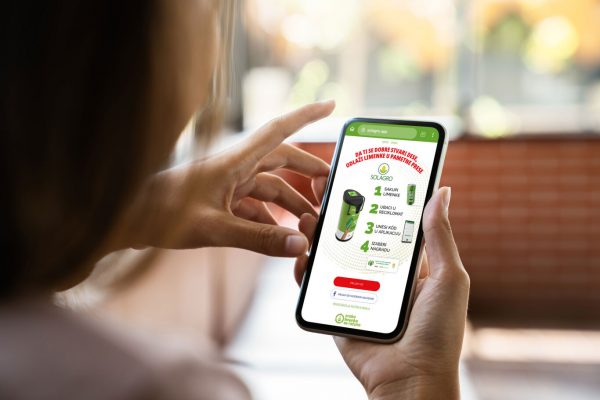Textile EPR Implementation in the EU
- 21. November 2023
- Blog
Background:
The Sustainable and Circular Textiles Strategy sets out a vision for the textiles industry’s transition. By 2030, the EU market will feature durable, recyclable, largely recycled, and eco-friendly textile products. Consumers will enjoy longer-lasting, affordable textiles, moving away from fast fashion, with profitable reuse and repair services readily available. Producers across the value chain will take responsibility for their products, even after they become waste. The circular textiles ecosystem will flourish with robust fiber-to-fiber recycling, minimizing textile incineration and landfilling.
In the EU, the textile sector is economically significant but faces challenges, including the impact of the COVID-19 pandemic and global supply chain vulnerabilities. To overcome these challenges, the EU aims to transition to a sustainable and circular textile industry as part of the European Green Deal and Circular Economy Action Plan. This includes reducing the environmental footprint, improving working conditions, and promoting innovation in the sector.
EPR on Textiles:
Implementing extended producer responsibility (EPR) is vital to separate textile waste generation from sector growth. EPR requirements have been effective in improving waste collection and management. Some EU Member States are considering EPR requirements for textiles to meet the EU waste legislation’s obligation of separate textile waste collection by January 1st, 2025.
The Commission plans to propose harmonized EU EPR rules for textiles with flexible fees, part of the Waste Framework Directive revision in 2023. The goal is to create a circular economy for collecting, sorting, reusing, and recycling textiles while encouraging product design that aligns with circular principles. A portion of EPR contributions may be allocated to waste prevention and preparation for reuse, subject to impact assessment. The Commission will closely monitor textile waste developments and initiate a study in order to propose mandatory targets in preparation for the reuse and recycling of textile waste, as part of the EU waste legislation review planned for 2024.
The Netherlands
Beginning July 1st, the EPR decree for textiles came into effect. Producers of clothing and home textiles must complete registration between July 1st and August 12th. Additionally, they are required to provide a sales forecast for the upcoming 12 months. To fulfill producer obligations, joining a textiles compliance scheme is an option, with Stichting UPV Textiel serving as the compliance scheme for textiles in The Netherlands. In addition to meeting reuse and recycling targets, producers are obligated to implement strategies for incorporating a higher percentage of recycled textile fibers into their products.
France
France has already had an EPR system in place for textiles for a substantial amount of time.
United Kingdom
The UK’s Environmental Audit Committee has urged the government to address environmental issues related to textiles. Currently, there is limited enforcement in place to tackle these concerns. The proposed EPR initiative aims to enhance collection services, promote durable design and recycling, encourage reuse, and support circular business models such as rental schemes. With an ongoing consultation, there’s a growing demand for sustainably sourced clothing as consumers seek environmentally conscious retailers, and shareholders look for responsive actions.
WRAP (Waste and Resources Action Plan) has launched Textiles 2030, a voluntary initiative that fosters collaboration among various stakeholders. Many retailers, reuse and recycling organizations, and affiliates have already joined as signatories. WRAP will collaborate with the government to help shape EPR policies and work with signatories to develop solutions for a circular textile system.
A promising development in textile waste management is Fibre to Fibre (F2F) recycling, which involves recycling textiles into high-quality fibers for making new textiles without downcycling. While full commercialization may be a few years away, F2F recycling offers a hopeful prospect for achieving textile circularity.
Please contact RLG if you might be obligated and with an EPR assessment, we can identify your obligations.









